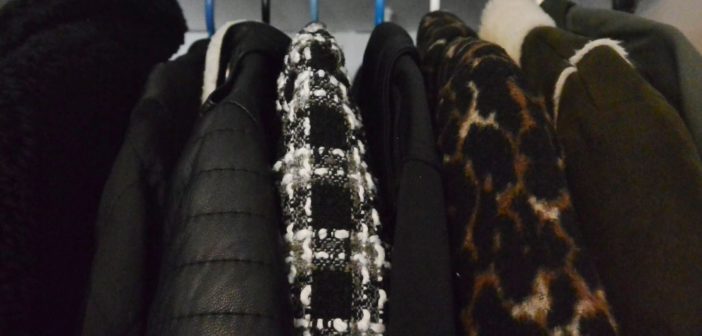As fashion is all around us, it is easy to become attuned to the latest trends and styles. Twice a year, designers, bloggers and style lovers unite to attend shows in the “Big Four” fashion capitals of the world: New York, London, Milan and Paris. Catwalks are filled with glitz, glamour and all that encompasses the luxuries of high fashion.
Or is it?
Each year the not-so-glamorous side of fashion tends to go unnoticed. As the latest fur coat or leather heels strut by, it is often not the case we question how these pieces were created. According to peta.com, to meet the current demand for animal apparel (fur or mink coats, leather booties, etc.), millions of animals are killed each year—all in the name of fashion. That is where the recurring question of, “when is enough, enough?” becomes exhausted once more.
Although we have been conditioned to see this, year after year, not only on the catwalks, walking down the street or wherever we may go, it does not make it OK for designers and consumers to succumb to animal cruelty. One fashion designer noted for her stance on advocating animal rights in the clothing industry is Stella McCartney. Daughter of the former Beatles member, Paul McCartney, and animal rights activist, Linda McCartney, Stella McCartney has stepped up to use responsible materials in her clothing and designs in place of ones derived from animals. A lifelong vegetarian, she sets an example for other designers to acknowledge animal rights and to follow her production process.
Even through collaborations with other designers, McCartney remains true to her values. Since 2005, Adidas by Stella McCartney has been a highly sought-after partnership in the fashion and sportswear category. Some of McCartney’s clothing provides labels that elaborate her “no animal” policy. For example, one of her jackets for Adidas says, “suitable for sporty vegetarians” on the sleeve. Pretty cool, huh?
Unfortunately, Stella McCartney is unique to the fashion industry through this distinction. Although she is not 100 percent animal-free (she still uses wool), she has taken a huge ethical step in favor of animals and their rights. From Chanel to Alexander Wang to Roberto Cavalli, the ethical treatment of animals is not something commonly acknowledged or practiced. It is important to note there are other alternatives to animal derived products that can be implemented without the violence. It is a prevalent problem that will be exhausted until the right actions are taken.

